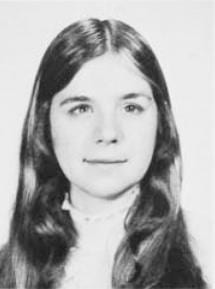Abstract
In Part 1 of this interview, Lucile K. Wawzonek discusses changing attitudes towards formal gender divisions on campus during the Pembroke-Brown merger. She begins by reflecting on the regulations at Brown in the late 1960s, including the male caller system and curfews. She speaks on the housing lottery and the advent of coed dorms, which she feels led to a looser social structure, especially in terms of dating. Also in Part 1, Wawzonek considers the academic challenges at Brown, political awareness and the atmosphere of activism on campus, and planning a professional career as a woman.
In Part 2, Wawzonek discusses balancing higher education, a professional career, and motherhood, also reflecting on gender discrimination in the workplace and academia. With her husband Steve Thompson ’73, Wawzonek expands on the experience of living in Brown’s first coed dorm and experimentation with the boundaries of formal gender divisions and regulations. She also speaks on obtaining contraception on campus and the anachronism of some Pembroke traditions in the early 70s.
Part 1
Part 2
Recorded on March 29, 1988 in Bethlehem, PA
Interviewed by Rebecca Krawiec
Suggested Chicago style citation: Wawzonek, Lucile K. Interview. By Rebecca Krawiec. Pembroke Center Oral History Project, Brown University. March 29, 1988.
Biography
Lucile K. Wawzonek grew up in Iowa, in a family who placed a high value and emphasis on education. Her father, who graduated from Brown University in 1935, was a chemistry professor at the University of Iowa, and her mother also had a college degree. At Brown, Wawzonek pursued a Bachelor of Science degree in Biology. Shortly after her graduation from Brown, Wawzonek married Steve Thompson ‘73, whom she had met living in Diman House when it became coed in 1970. Wawzonek worked at a pharmaceutical company after graduating, which paid for her tuition to receive a Master’s degree in microbiology in 1977. Wawzonek received a doctorate degree in 1981, defending her dissertation 6 weeks after her first child was born. She then taught at Allentown College, opted not to teach during her pregnancy with her second child, and had returned to teach a physiology course at Pennsylvania State University at the time of the interview.
